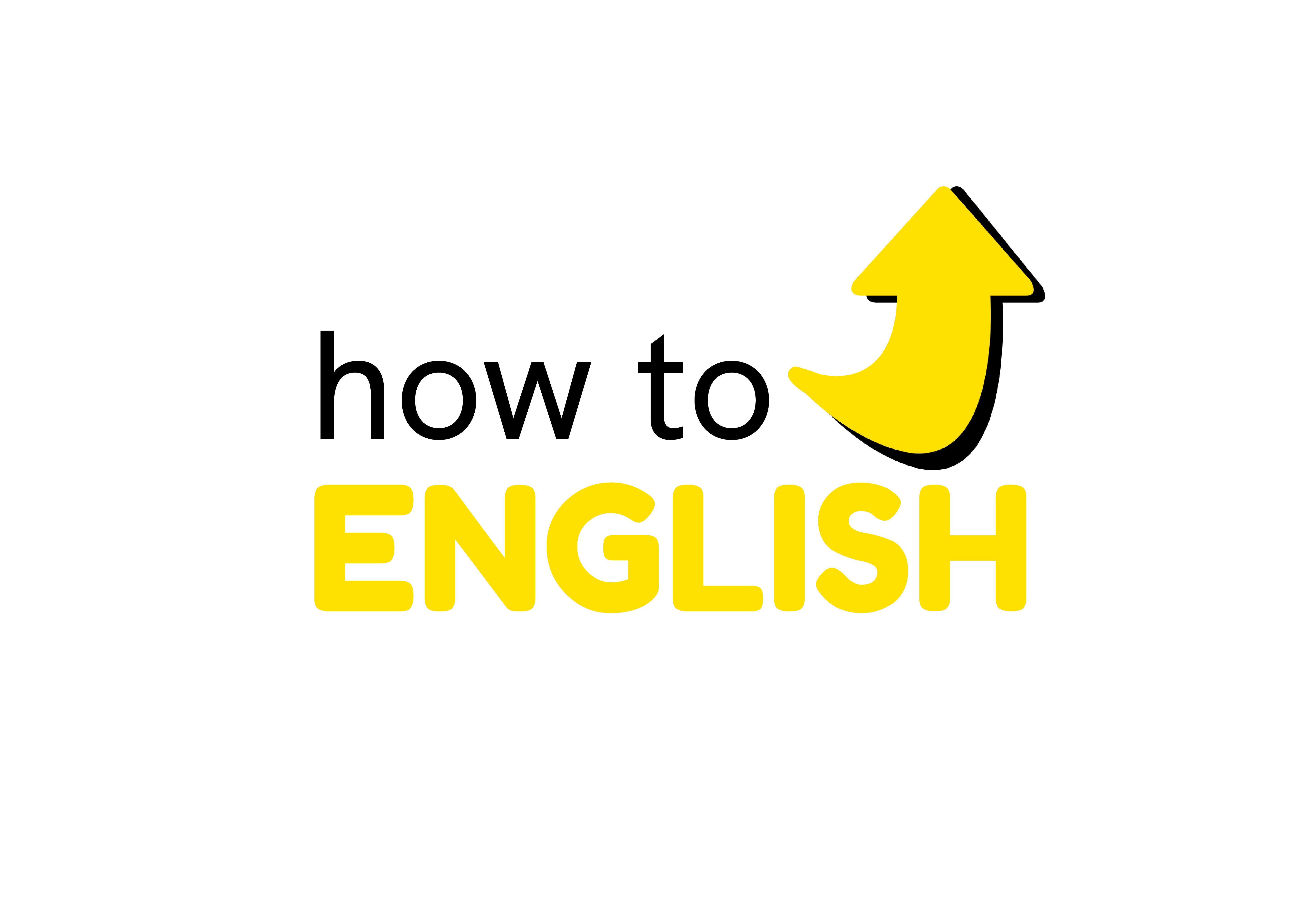Usain Bolt once famously said that the 100m sprint is easy.
The hard part is the four hours of intense training that his coach puts him through every day. It’s everything the spectators don’t see that’s tough.
Of course, it’s what happens out of the olympic stadium that determines his progress.
And the same goes for language learning. It’s not what you do in the classroom that determines how much you progress. It’s what you do when you’re not in the classroom.
This of course means that it’s not the teacher or the classes that decide how much you learn and how much progress you make.
It’s you.[thrive_leads id=’1049′]
Considering this little fact, what are you doing to make progress?
What are you doing outside the classroom? How are you practising English every day?
What is practise exactly?
It basically means to repeat a particular action with the idea of improving.
You can’t practise tennis, but you can practise your serve in tennis, for example.
It’s conscious repetition with the aim of improving.
The easiest way to improve through repetition is by doing drills.
A drill is just that. A repetitive practice exercise focussing on one particular skill, or in the case of English, a particular language point.
Usain Bolt does running drills, with each drill focussing on improving one aspect of his running to make him an overall better runner.
An effective English learner does drills, with each drill focussing on improving one aspect of their language skills to make them an overall better English speaker.
The best thing about drills is that they allow you to actively practise the language. It’s only through actively practising the language that you are able to remember, and more importantly, use the language.
Drills are particularly useful for vocabulary. You most probably have thousands of words in English in your head. If they aren’t being used regularly, you won’t forget them, but you’ll have difficulty remembering or recalling the word when you need it.
This is when you start to talk like this, “I…eeeh…want to talk to you today about…erm…well…aaaah…strategic…erm…planning…”.
The words should flow out of your head, over your tongue, and out your mouth effortlessly.
Let’s look at the process of learning vocabulary.
When you look up a word in the dictionary and see what it means, you may understand it but the only thing that matters is being able to use it in the future.
Let’s take a typical day as an example of how this works in the brain.
In a typical day, your brain is exposed to continuous stimulation. You see, hear, smell, and feel thousands of things throughout the day.
How many of those things do you remember at the end of the day?
Very few.
Only the things that stand out get remembered.
With language, you can make things stand out by simply using them.
When you see the meaning of the word and a translation into your language, that’s not the moment that the learning process ends, it’s when the learning process really begins.
If you just look up a word in the dictionary and write it down in your notebook, you will forget it.
Guaranteed.
Through practise and working memory, you are able to transfer the vocabulary over to your long-term memory, which will allow you to use it in the future.
Here’s a great vocabulary drill which kills two birds with one stone.
First of all, it helps you organise the vocabulary in your head. But it also has the added bonus of you learning new related vocabulary.
Here’s how you do it.
Take a word that you already know. I don’t know, for example, strong. Ask yourself what part of speech it is. Is it a verb, noun, adjective, or adverb?
Strong is adjective. Great.
Now find the noun of strong.
Strength, right?
Good. Now the verb.
Strengthen.
Adverb, strongly.
Strong, strength, strengthen, and strongly.
If you did the same with the noun science, it would look something like this: science, scientific, scientifically, and scientist. In this example, there are two nouns: one for the thing and one for the person.
You can play around with opposites, negative prefixes, and anything else you like to get you practising and using the words in your head.
Do this vocabulary drill for five minutes a day to build your vocabulary, help you remember words, and make you lightning-fast at finding words in your head.
All you need is a paragraph of text in English and a dictionary (your mobile) to find new words.
Sorted.[thrive_leads id=’1049′]

Thanks. It’s correct. I try do this exercise
Lucía